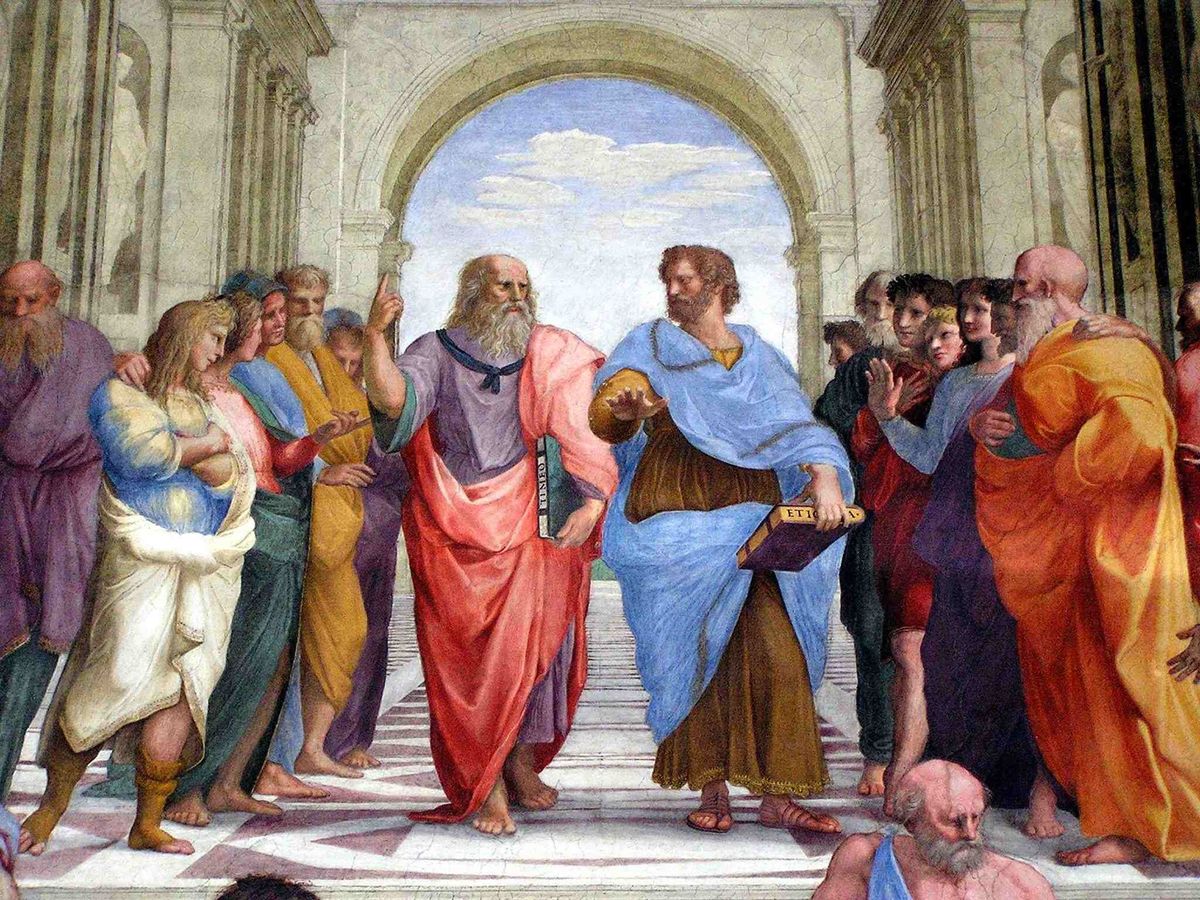Taking a step backward to move forward

Plato had a strong intuition, but he did not turn it into a rational way to define concepts. Aristotle settled for a way to describe objects. Geneosophy deals with concepts.

Plato had a strong intuition, but he did not turn it into a rational way to define concepts. Aristotle settled for a way to describe objects. Geneosophy deals with concepts.

We assume intelligence is computable not because we’ve proven it, but because we’ve lost the ability to conceptualize it any other way. We are no longer using computation to model reality; we are forcing reality to fit the model. * Alex: Senior engineer at a leading AI lab, 15

A Journey Through the Paradoxes of Reductionism and the Promise of Geneosophy The Pattern Behind the Paradoxes Modern knowledge has achieved extraordinary success. We've mapped the genome, simulated quantum systems, built artificial intelligence that mimics human conversation, and created technologies that transform civilization. Yet beneath this triumph lies

When we try to formalize a neuron computationally, we don't translate biology into code—we perform a violent collapse. We lock causation into fixed arrows when biology lives in causal ambiguity. We synchronize incommensurate timescales onto a global clock when neurons operate in genuine temporal incoherence. We close

We live in a computational age. When we want to formalize our thoughts—to express ideas precisely, to build models of intelligence, to create systems that reason—we almost instinctively reach for computation. The Church-Turing thesis tells us that any "effectively computable" function can be computed by a